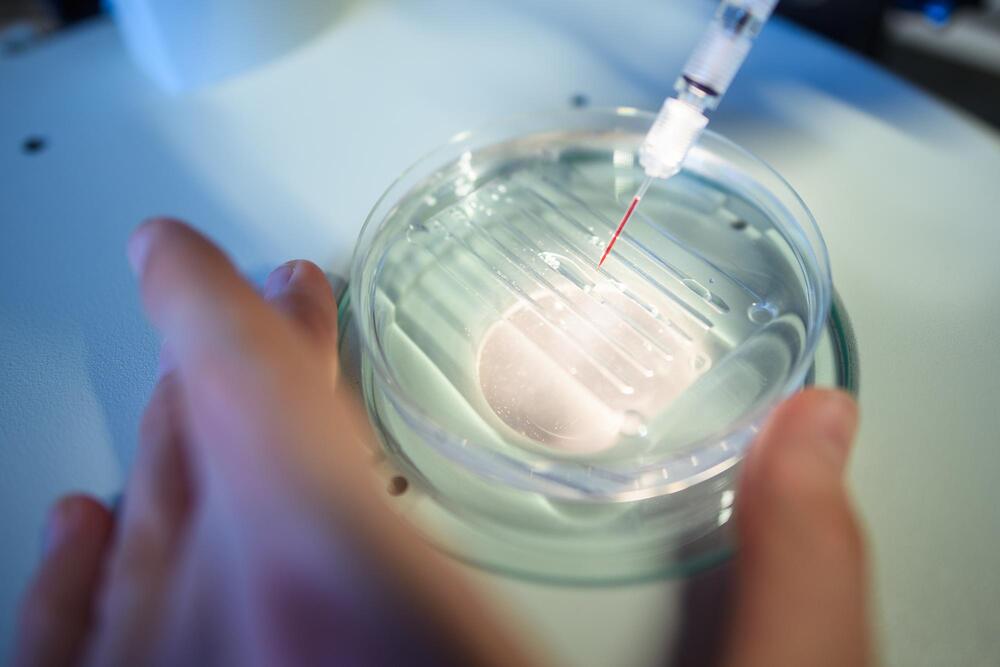CRISPR gene editing already promises to fight diseases that were once thought unassailable, but techniques so far have required injecting the tools directly into affected cells. That’s not very practical for some conditions. However, there’s just been a breakthrough. NPR reports that researchers have published results showing that you can inject CRISPR-Cas9 into the bloodstream to make edits, opening the door to the use of gene editing for treating many common diseases.
The experimental treatment tackled a rare genetic disease, transthyretin amyloidosis. Scientists injected volunteers with CRISPR-loaded nanoparticles that were absorbed by the patients’ livers, editing a gene in the organ to disable production of a harmful protein. Levels of that protein plunged within weeks of the injection, saving patients from an illness that can rapidly destroy nerves and other tissues in their bodies.
The test involved just six people, and the research team still has to conduct long-term studies to check for possible negative effects. If this method proves viable on a large scale, though, it could be used to treat illnesses where existing CRISPR techniques aren’t practical, ranging from Alzheimer’s to heart disease.
